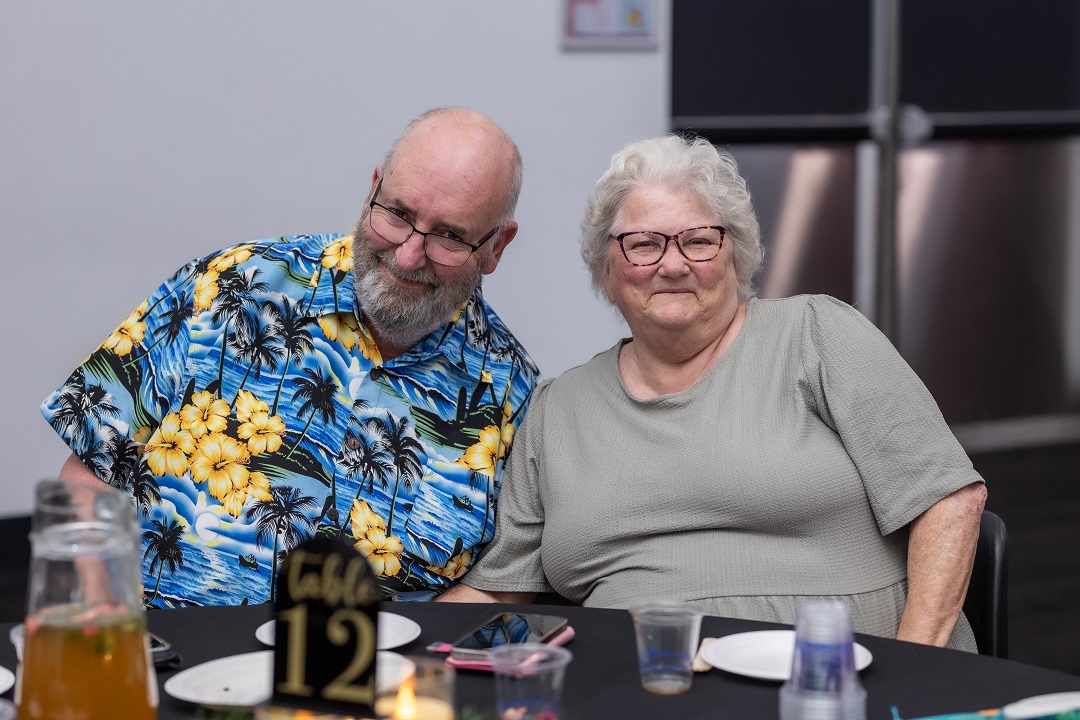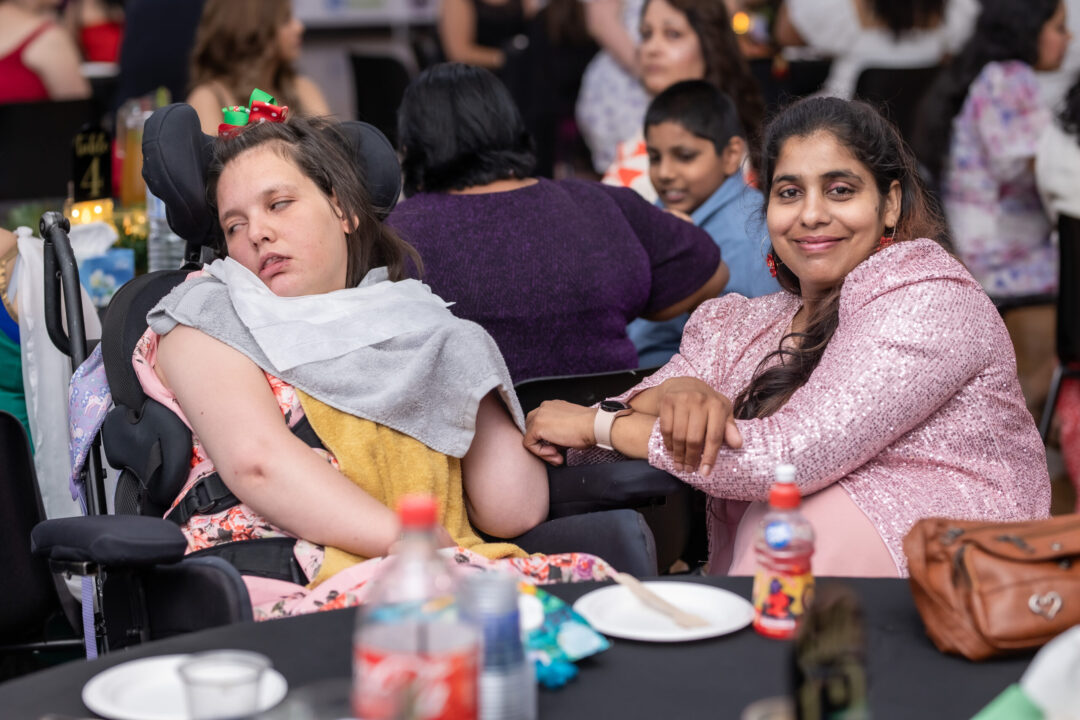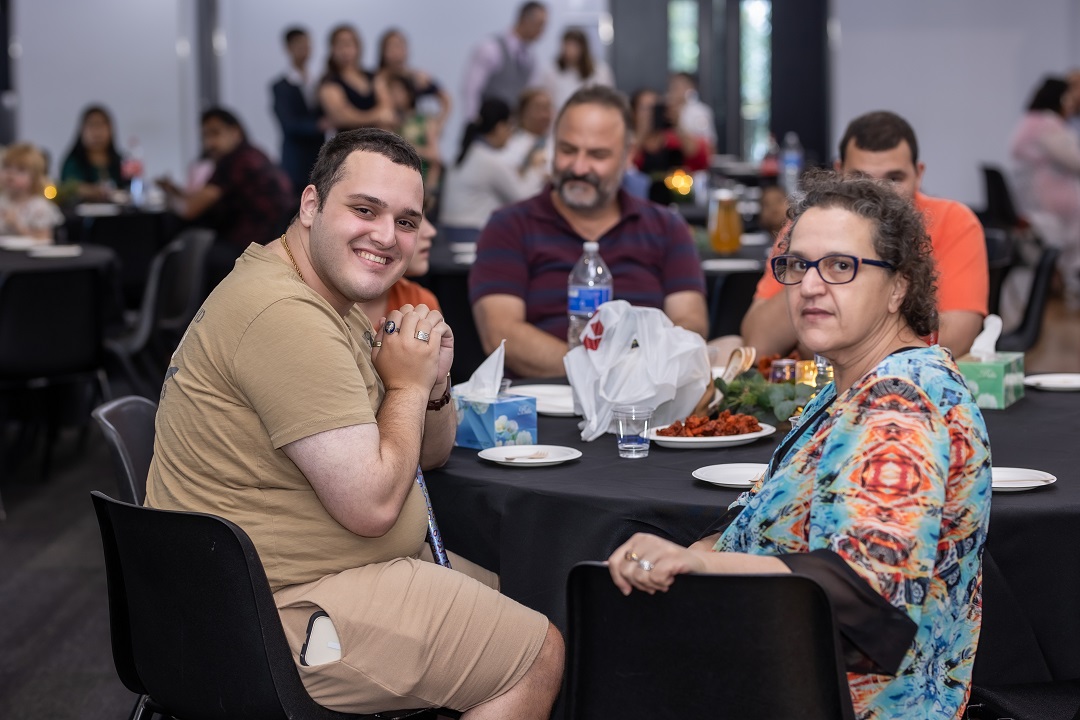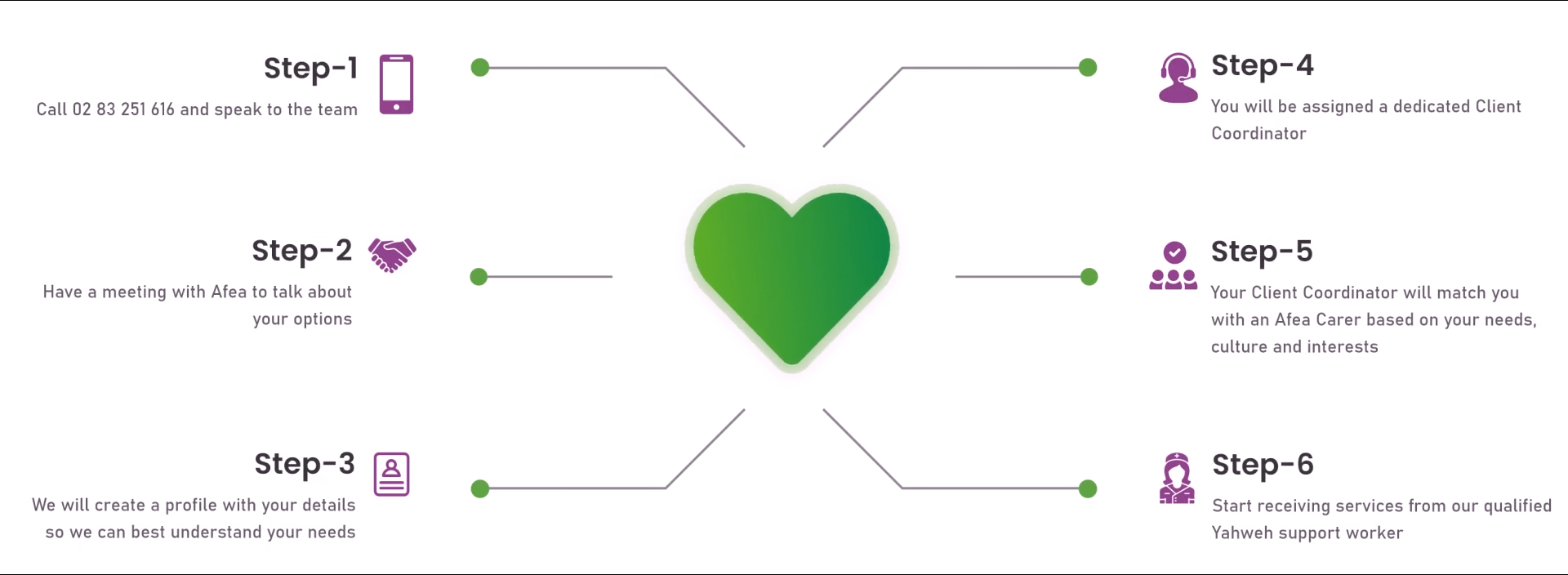SWITCH TO YAHWEH CARE
Providing care and holistic approach to NDIS participants aiming to create opportunities for you to live your best life.
Contact UsFor NDIS eligibility, the NDIS (National Disability Insurance Scheme) supports people with significant, long-term impairments or disabilities. However, not everyone can access the support. First, you will undergo an assessment that support coordinators conduct. From there, you need to meet specific NDIS eligibility rules.
Obviously, obtaining an NDIS support can be too overwhelming, especially when you are new to the process. That is why you must seek professional advice to learn and understand your NDIS.
Without further ado, this guide will walk you through those rules and how to check if you qualify.

The first and simplest rule is that you must be under 65 years old when you apply for NDIS support. When you’re over 65, you won’t be able to join the NDIS. However, other support is available through other government aged care systems instead. Moreover, you can stay with your plan if you’re already in the NDIS and turn 65 later.
For NDIS eligibility, you need to live in Australia full-time. In addition, you must be a citizen with a permanent resident or a Protected Special Category Visa holder. Obviously, Tourists, temporary visa holders, or people without long-term residency aren’t eligible.
The NDIS only helps people with disabilities who are struggling with daily living. Thus, if your medical condition or disability is permanent or you have been battling it your whole life, you are eligible. These conditions may include physical, intellectual, sensory, cognitive, or psychosocial disabilities. Also, if you’re recovering or expected to improve without long-term support, the NDIS may not be for you.
The NDIS examines how your disability affects your ability to communicate, socialise, learn, and move around. Additionally, you will also struggle in managing daily tasks (like money, transport, and planning), taking care of yourself, and engaging in community life.
Indeed, you don’t need to struggle in all these areas. However, significant difficulty in one or more areas is usually required. Moreover, note that it’s not enough just to have a diagnosis because the functional impact on daily life matters most. For example, you may require support with the following tasks.
Even if your significant disability isn’t permanent yet, you may still be eligible under early intervention rules. Therefore, you may qualify if you have a condition that’s likely to become permanent or is already is. With that, getting support now will help reduce the future need for long-term support later. This early childhood partner support often applies to the following:
When applying for NDIS support, you can’t just say you have a disability. Hence, the stronger your evidence, the easier it is for the NDIS to make a decision. You should focus on how the disability affects your life and not just what the condition is called.
The NDIS wants proof that includes reports from specialists (GPs, psychologists, occupational therapists, etc.) to secure your NDIS eligibility. They will also require medical or diagnostic tests, functional assessments, and even school or work documentation (if relevant).

If eligible, you’ll work with an NDIS planner or support coordinator to create a personalised plan. Therefore, everything in your plan depends on your needs, preferences, and goals. This could include the following assistance:
Here’s what the application process looks like:
Call the NDIS hotline and ask for a form online. After that, you’ll be asked to provide proof of age and residency. Then, they will request consent to collect your information and details of your disability.
Send in medical and functional reports that show that your disability is permanent. From there, you will need to provide proof that the disability significantly affects your daily life and that you need support to participate in everyday activities.
The next thing you will have to do is wait for the decision. The NDIS will review your application, and they might ask for more information. After that, you’ll get a letter telling you whether you’re approved.
If the NDIS says no, you still have options. You can ask for an internal review. That means someone else at the NDIS will check your case again. You can also petition the Administrative Appeals Tribunal (AAT) if you’re still unhappy. Also, you may be able to get help through mainstream services, like health, education, housing, or community support programs. Even without a plan, NDIS partners like Local Area Coordinators (LACs) can still guide you.
There’s no official list, but some conditions will likely meet the NDIS access requirements. But again, the key is how it affects you, not just the condition’s name. Examples include:

The NDIS is not a welfare payment but an NDIS funding. This means that your salary, assets, or financial situation don’t matter when applying for the NDIS. Evidently, it’s a support system based on the needs of individuals with disabilities, not their income.
The NDIS isn’t for everyone, and that’s okay. But if you live with a permanent impairment that affects your daily life, it’s worth checking if you qualify. If you meet the criteria, then the NDIS can provide supports for you to live more independently, achieve your goals, and get the support you need, specifically on your terms.
Connect and talk to your NDIS planner or support coordinator, or call Yahweh Care. The process can feel complex, but you’re not expected to figure it out alone.
Take the first step because surely the right support can change everything.
Providing care and holistic approach to NDIS participants aiming to create opportunities for you to live your best life.
Contact Us


